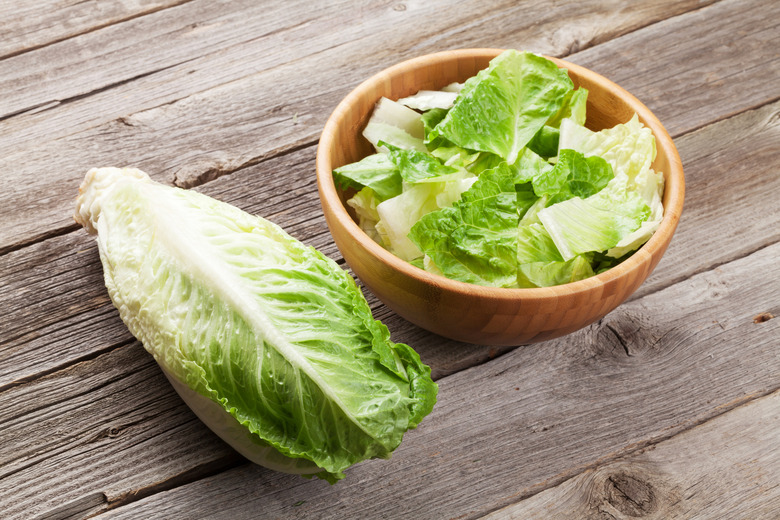Contaminated Romaine Lettuce Could Still Be On Store Shelves, FDA Warns After First E. Coli Death
The Food and Drug Administration released an update on May 2 confirming that romaine lettuce from the Yuma region of Arizona is no longer being produced and distributed. The halt in production is in response to the worsening E. coli outbreak linked to romaine — an attempt to reduce the potential for exposure to the contaminated vegetable.
Despite this decision, the FDA says that consumers should still be extremely careful, as they cannot guarantee the safety of all lettuce in the supply chain. Since lettuce has a 21-day shelf life, it will take at least this long to completely clear the shelves of lettuce from the Yuma region.
The announcement came on the same day as the Centers for Disease Control and Prevention reported that one person died in California, and romaine lettuce may be to blame. The E. coli outbreak affecting romaine lettuce continues to worsen as more people become ill in an increasing number of states. There are currently 121 reported illnesses from 25 states, and in addition to the one death, there have been 52 hospitalizations and 14 kidney failures. The CDC notes that illnesses can take up to two weeks to be reported, so these numbers may not be reflective of the actual number of illnesses to date.
Meanwhile, the FDA promises they will continue to investigate and "are working to identify multiple distribution channels that can explain the entirety of the nation-wide outbreak and are tracing back from multiple groupings of ill people located in diverse geographic areas."
They have managed to identify one farm linked to the lettuce — a distributor of whole heads of romaine that sickened people at a correctional facility in Alaska. They have not yet identified the exact point in the supply chain where the contamination occurred, and note that it could have happened "at any point along the growing, harvesting, packaging, and distribution chain."
Consumers need not worry about accidentally purchasing lettuce from this facility; none of the lettuce from this particular farm is still in distribution. All of the distributed lettuce was harvested between March 5 and 16 and is past its 21-day shelf life.
The discovery of this farm does not, however, account for most of the illnesses related to this outbreak — the majority occurred after eating chopped romaine.
"The agency is investigating dozens of other fields as potential sources of the chopped romaine lettuce and will share information as it becomes available," the FDA promises.
As the E. coli outbreak worsens, consumers are beginning to worry that romaine lettuce could cause one of the worst food poisoning outbreaks in history.
